


The leaders of Mali, Burkina Faso, and Niger have made the decision to leave the Economic Community of West African States (ECOWAS), stating that the organization has strayed from its original purpose and failed to support them in their fight against terrorism. The three countries have faced strained relations with ECOWAS since military coups led to their suspension from the organization. They have also withdrawn from an international force and formed their own alliance in response to perceived lack of assistance from ECOWAS.
West African Leaders Exit ECOWAS Amid Tensions and Security Challenges
The leaders of Mali, Burkina Faso, and Niger have announced their withdrawal from the Economic Community of West African States (ECOWAS), citing dissatisfaction with the organization's direction and its handling of regional security issues. This move marks a significant development in the political landscape of West Africa and raises concerns about the future of regional cooperation and stability.
Background on the ECOWAS and Regional Security
ECOWAS is a regional political and economic union of 15 countries in West Africa. Established in 1975, the organization aims to promote cooperation and integration among its member states in areas such as trade, infrastructure, and security. However, in recent years, ECOWAS has faced criticism for its perceived inability to effectively address regional security challenges, particularly the rise of terrorism and political instability.
Reasons for the Withdrawal
The decision by Mali, Burkina Faso, and Niger to leave ECOWAS stems from several factors. These include:
Dissatisfaction with ECOWAS Leadership: The three countries have expressed concerns about the leadership and decision-making processes within ECOWAS, alleging that they are not adequately represented or consulted on important issues.
Perceived Lack of Support in Security Matters: Mali, Burkina Faso, and Niger have been struggling with ongoing security challenges, including terrorism and cross-border crime. They have accused ECOWAS of failing to provide adequate support and assistance in addressing these threats.
Suspension from ECOWAS: Following military coups in Mali and Burkina Faso, ECOWAS imposed sanctions and suspended the two countries from its activities. This led to strained relations and accusations of interference in their internal affairs.
Implications and Possible Consequences
The withdrawal of Mali, Burkina Faso, and Niger from ECOWAS has several potential implications for the region:
Weakened Regional Cooperation: The departure of three key member states could weaken regional cooperation and make it more difficult to address common challenges, such as security and economic development.
Increased Political Instability: The withdrawal could exacerbate political instability in the region, particularly in countries facing security threats and governance challenges.
Potential for Conflict: The decision to leave ECOWAS could further strain relations between the three countries and other ECOWAS members, potentially increasing the risk of conflict and instability.
Top 5 FAQs and Answers
The three countries cited dissatisfaction with ECOWAS leadership, perceived lack of support in security matters, and suspension from ECOWAS activities as reasons for their withdrawal.
The withdrawal could weaken regional cooperation, increase political instability, and raise the risk of conflict.
The future of ECOWAS is uncertain, as the departure of three key member states could significantly impact its ability to achieve its goals and objectives.
Efforts should be made to address the concerns raised by Mali, Burkina Faso, and Niger and find a way to resolve the current tensions.

Amid a surge in fall fires, firefighters in New York were able to safeguard over 160 homes from a stubborn wildfire near the New Jersey border thanks to a precautionary evacuation plan. Meanwhile, many communities in the Northeast are still under red flag alerts and facing hundreds of brush fires due to dry and windy conditions. California has also seen progress in containing a 32-square-mile wildfire that has destroyed over 245 structures. In response to the increase in brush fires, New York City’s Fire Department is setting up a task force to respond quickly and investigate the cause of these incidents.
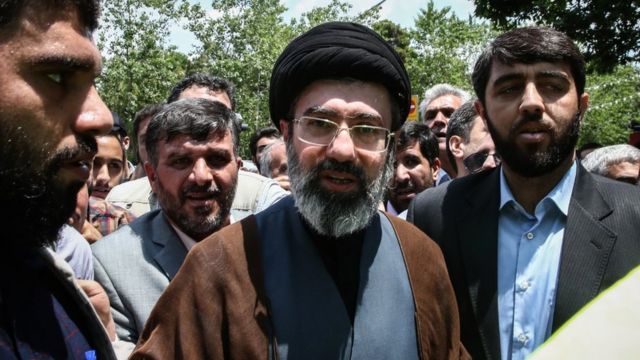
According to a report by Iran International, Iran's Assembly of Experts has secretly elected Supreme Leader Ali Khamenei's son, Mojtaba Khamenei, as his successor while the 85-year-old leader battles a serious illness. The selection was made on September 26 in a highly secretive meeting called by Khamenei without prior notice, indicating a potential power shift in Iran. Mojtaba has been groomed for leadership and is seen as Khamenei's most trusted and influential confidant, with sources saying the transition could happen during his father's lifetime to ensure a smooth handover of power.
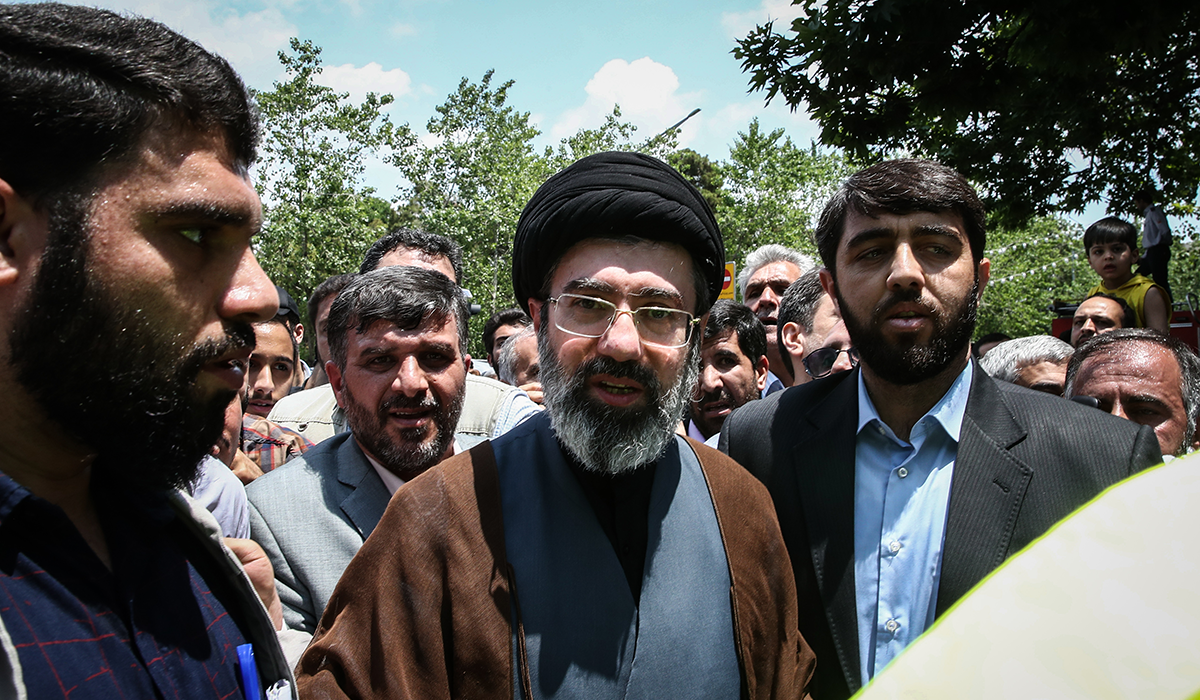
Amidst fears of public protests, 85-year-old Iranian Supreme leader Ali Khamenei has reportedly chosen his second son, Mojtaba Khamenei, as his successor. The decision was made by 60 members of Iran's Assembly of Experts who were threatened and warned to maintain secrecy about the succession process. The move has sparked opposition and concerns about the undemocratic nature and lack of experience of the chosen successor. Khamenei's decision to hand over power during his lifetime is seen as a strategic move to establish his son as leader and avoid potential turmoil after his death.

"US and China Reach Rare Consensus on Nuclear Arms and AI Technology in Bilateral Talks" In a surprising turn of events, the leaders of the US and China, Joe Biden and Xi Jinping, have agreed that human control should remain a priority in decisions regarding nuclear weapons. This statement comes after months of US pressure for China to engage in nuclear arms talks. The two nations also stressed the importance of developing military AI technology with caution and responsibility. However, it is uncertain whether this agreement will lead to concrete measures, as talks on nuclear arms control are not expected in the near future. Despite China's advancements in its nuclear arsenal, its officials maintain a "no first use" policy and claim their deterrence strategy is minimal and defensive.
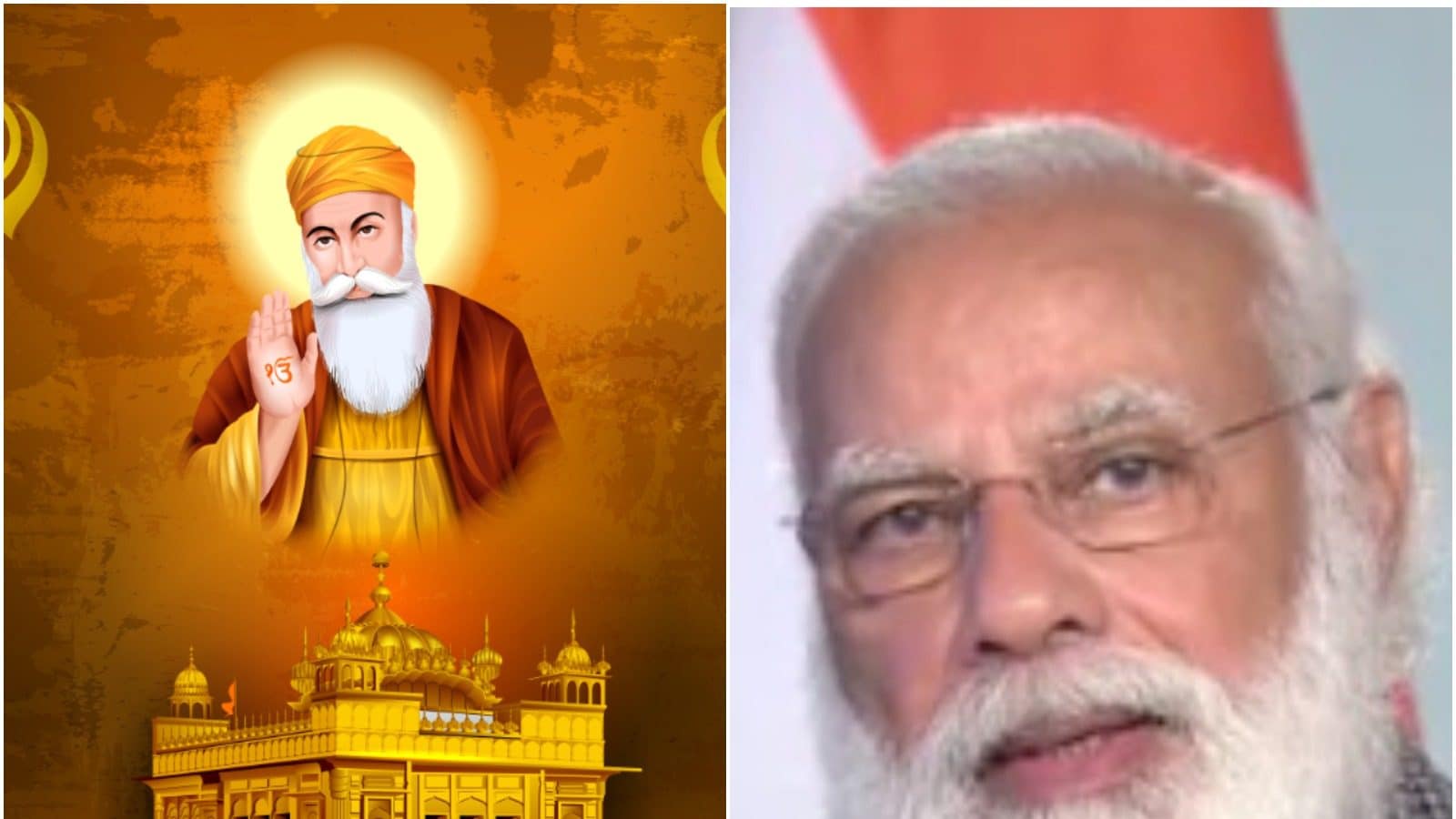
As the Sikh community celebrates the sacred festival of Guru Nanak Jayanti, Prime Minister Narendra Modi shares a video and extends his wishes for the occasion. The day is dedicated to remembering the teachings of Guru Nanak Dev Ji on compassion, kindness, and dedication to God. People around the world are inspired to spread these virtues in their daily lives as they celebrate the 555th birth anniversary of Guru Nanak Dev Ji. Here are some heartfelt messages and quotes to share on this special day.
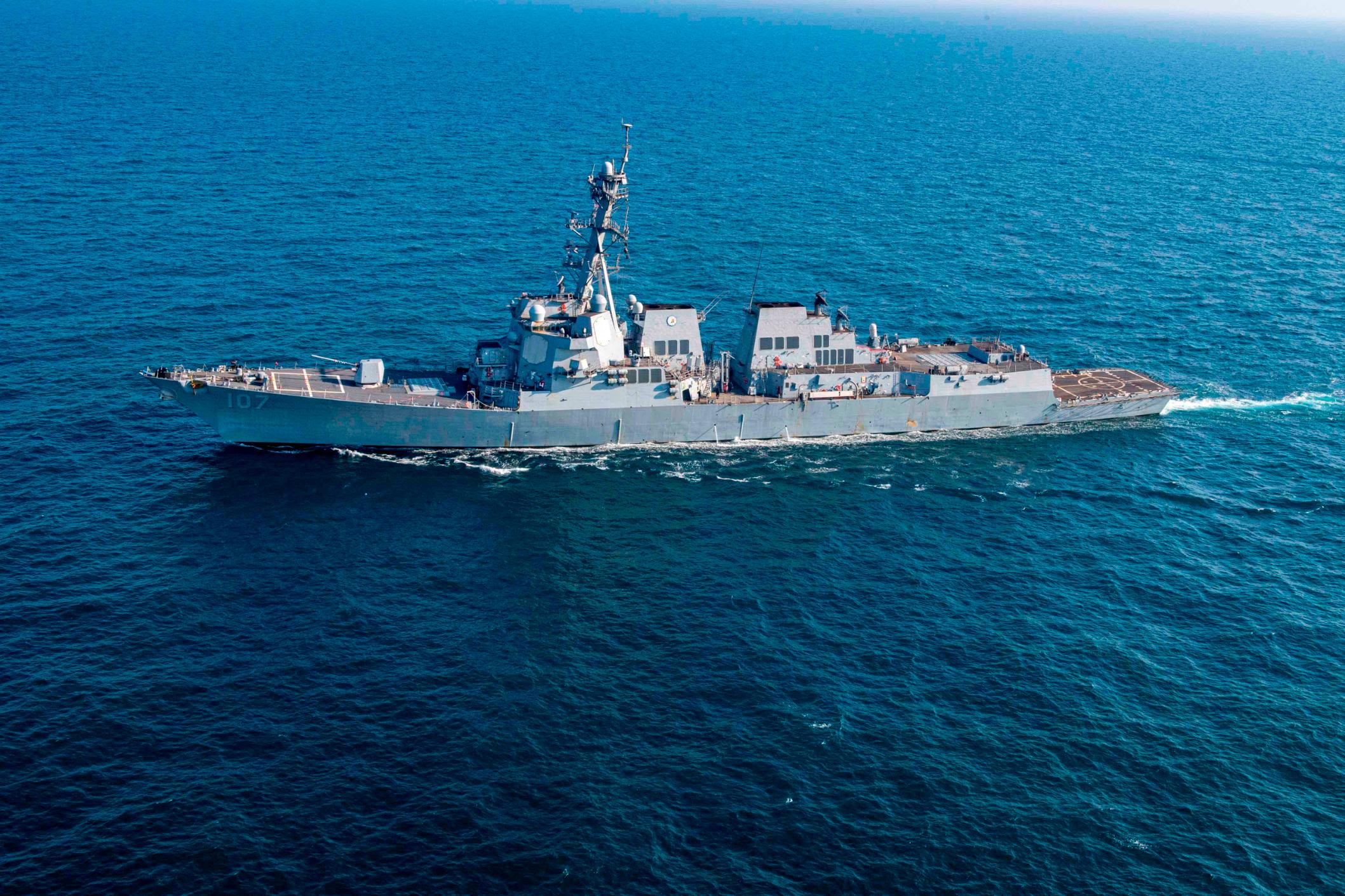
The US Navy has successfully defended two of its warships against a coordinated missile attack by Yemen's Houthi insurgents on Monday. The Pentagon has confirmed that at least eight drones and several anti-ship missiles were aimed at the vessels, but were shot down without causing any damage. The attack comes after the US conducted airstrikes on Houthi weapon storage sites in Yemen earlier this week.

Peru and Chile are fighting for a crucial win in their World Cup qualification campaign as they sit at the bottom of the table. Paraguay's upset over Argentina has added more pressure for these two sides to secure points. While Australian and Colombian fans can watch for free on SBS on Demand and Caracol Play, respectively, those traveling abroad can still access the game through a VPN.
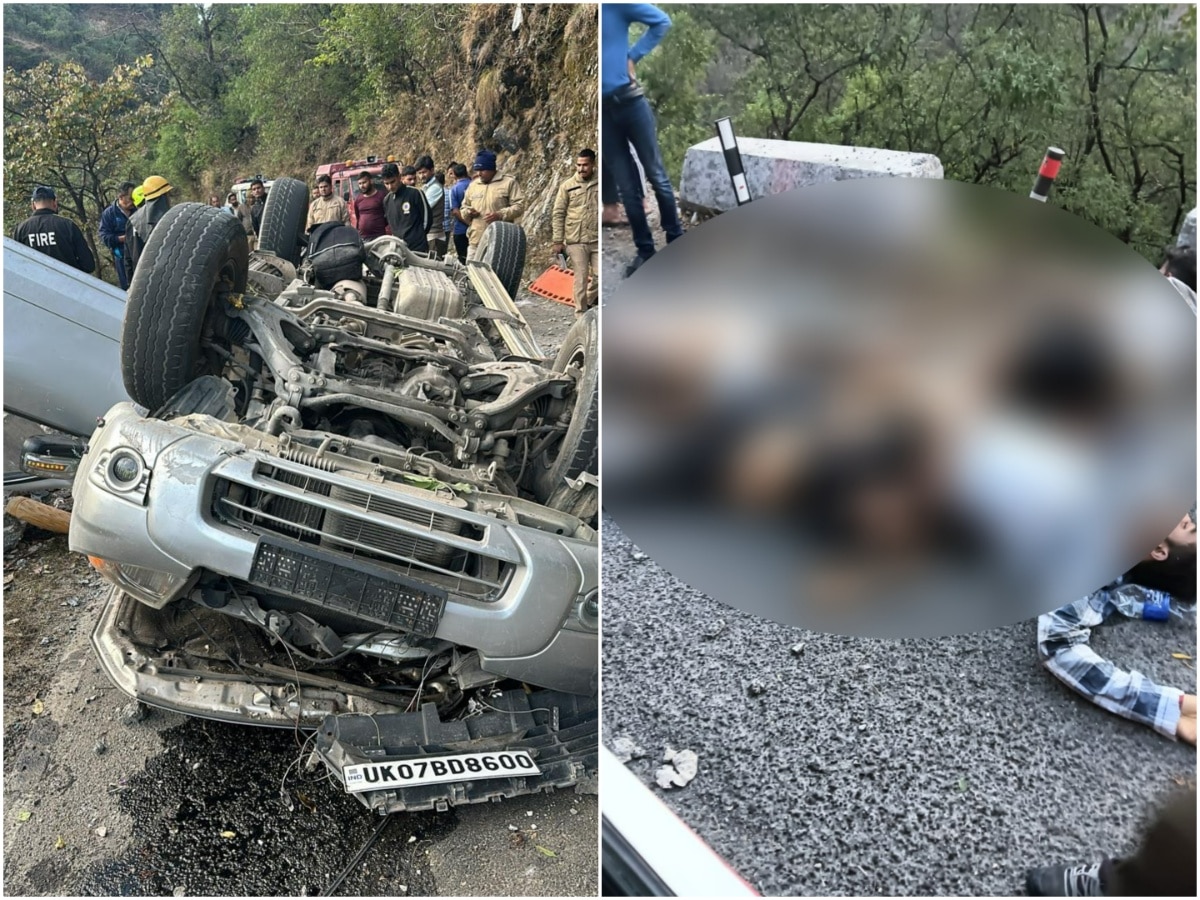
A horrific crash in Dehradun left six students dead and one critically injured. The accident, which occurred on November 12, was caused by drunk driving and the video of its aftermath was widely shared on social media before being taken down by X for violating its content-sharing policies. The driver of the car, now identified as Siddhesh Agrawal, was allegedly racing with a BMW when the accident happened. Chauhan, the user who shared the video, later apologised for not adding a trigger warning or blurring sensitive parts.
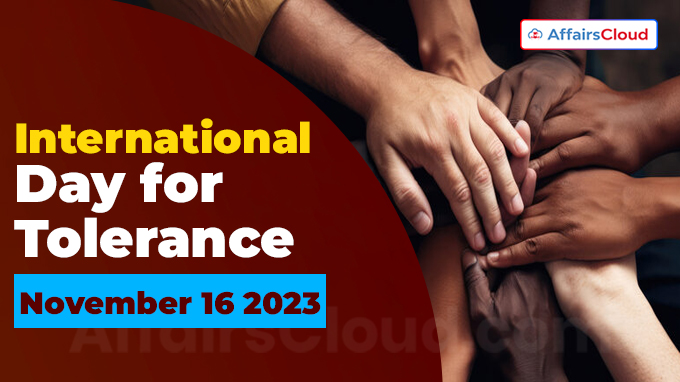
In 1996, prompted by the United Nations Year for Tolerance, the General Assembly declared November 16th as the International Day for Tolerance. This decision was made in order to promote tolerance and understanding among nations and individuals, with a special focus on educational institutions and the general public. The declaration was influenced by the United Nations Educational, Scientific and Cultural Organization (UNESCO) member States' adoption of the Declaration of Principles on Tolerance and Follow-up Plan of Action in 1995.
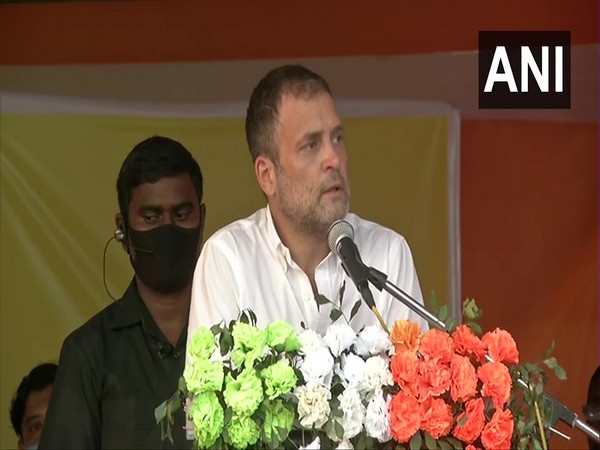
Congress leader Pawan Khera expressed sadness over the death of several infants in a massive fire at Jhansi Medical College in Uttar Pradesh. The fire, which broke out in the Neonatal Intensive Care Unit (NICU), claimed the lives of at least 10 infants. Uttar Pradesh Chief Minister Yogi Adityanath has taken cognisance of the incident and directed the district administration to expedite relief efforts.